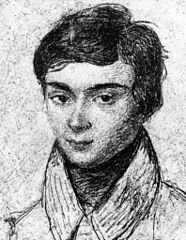Paul Erdos: The Wandering Mathematician
One of the notable mathematicians who have dedicated his life (literally) to mathematics was Paul Erdos. Erdos, a Hungarian mathematician, was one of the most prolific mathematicians. He has published more research papers than any mathematician in history, 1500 research papers in his lifetime.
Starting at age 25, Erdos started traveling from one university to another, and collaborating with numerous mathematicians. Later in his life, he lived almost as a vagabond; he gave up most of his belongings leaving only what is needed for travel. He would use his earnings to help mathematics students. He would offer prizes to solutions to unresolved mathematical problems ranging from $25 to several thousands. The most famous of these problems is the Erdos Conjecture on arithmetic progressions which has a prize of $5000.

